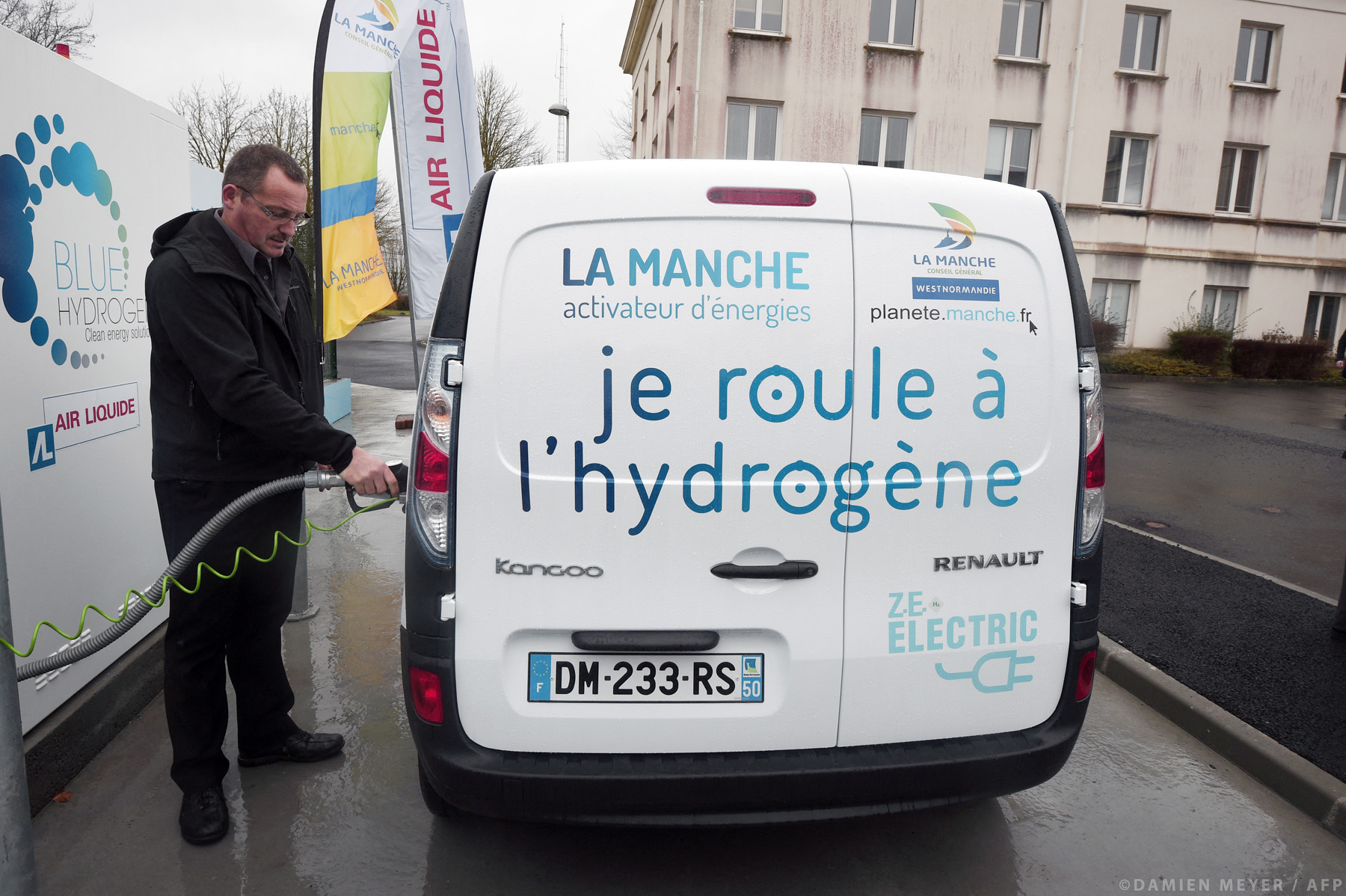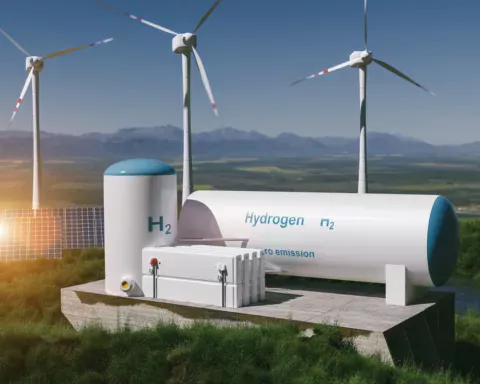Clean energy: essential for a climate-neutral Europe
On the road to a climate-neutral Europe and a cleaner planet, it is essential to revamp the overall energy supply and create a fully integrated energy system under the European Green Deal, The EU economy’s green transition should be combined with access to clean, affordable and secure energy for businesses and consumers.
The EU faces a challenge as its energy production and consumption accounted for 75% of EU greenhouse gases emissions in 2018 and it still depends on imports for 58% of its energy, mainly oil and gas.
In July 2020, the European Commission proposed a hydrogen strategy for a climate-neutral Europe, aiming to accelerate the development of clean hydrogen and ensuring its role as a cornerstone for a climate-neutral energy system by 2050.
Is hydrogen a renewable energy?
There are various types of hydrogen, categorised by production process and the resulting GHG emissions. Clean hydrogen (“renewable hydrogen” or “green hydrogen”) is produced by the electrolysis of water using electricity from renewable sources and emits no greenhouse gases during its production.
MEPs insist on the importance of a classification of the different types of hydrogen and want a uniform EU-wide terminology to make a clear distinction between renewable and low-carbon hydrogen.
During May’s plenary session MEPs will vote on a report responding to the Commission’s proposal. They are expected to say that only green hydrogen – produced from renewable sources – can sustainably contribute to achieving climate neutrality in the long term.
Currently, hydrogen plays only a minor role in the overall energy supply. There are challenges in terms of cost-competitiveness, scale of production, infrastructure needs and perceived safety. However, hydrogen is expected to enable emission-free transport, heating and industrial processes as well as inter-seasonal energy storage in the future.
MEPs want the Commission and EU countries to stimulate the production and use of the fuel from renewable sources.
What are the benefits of hydrogen?
Hydrogen represents about 2% of the EU’s energy mix, of which 95% is produced by fossil fuels, which release 70-100 million tonnes of CO2 every year.
According to research, renewable energies could supply a substantial part of the European energy mix in 2050, of which hydrogen could account for up to 20%, notably 20-50% of energy demand in transport and 5-20% in industry.
It is mostly used as feedstock in industrial processes, but also as a fuel for space rockets.
Given its properties, hydrogen can be a good fuel because:
- Its use for energy purposes does not cause greenhouse gas emissions (water is the only by-product of the process)
- It can be used to produce other gases, as well as liquid fuels
- Existing infrastructure (gas transport and gas storage) can be repurposed for hydrogen
- It has a higher energy density than batteries so can be used for long-distance and heavy-goods transport
What does Parliament want?
- Incentives to encourage demand and to create a European hydrogen market and fast deployment of hydrogen infrastructure
- The phasing out of fossil-based hydrogen as soon as possible
- Certification of all hydrogen imports in the same way as EU-produced hydrogen, including production and transportation to avoid carbon leakage
- Assessing the possibility of repurposing existing gas pipelines for the transport and underground storage of hydrogen
Strategy for the integration of Europe’s energy system
MEPs will also vote on a separate report on the strategy for the integration of Europe’s energy system on the same day as the other report. The strategy aims to accelerate decarbonisation, ensure the balance of networks, build interconnections, facilitate the deployment of renewables, develop digitalisation and extend storage and local production.





